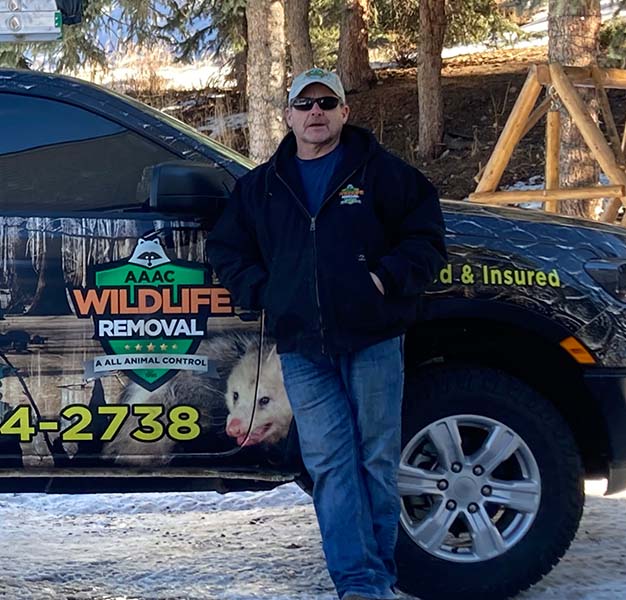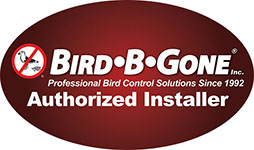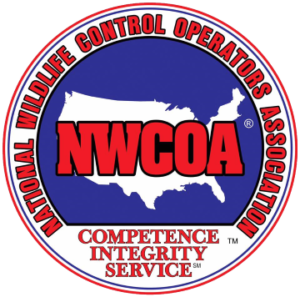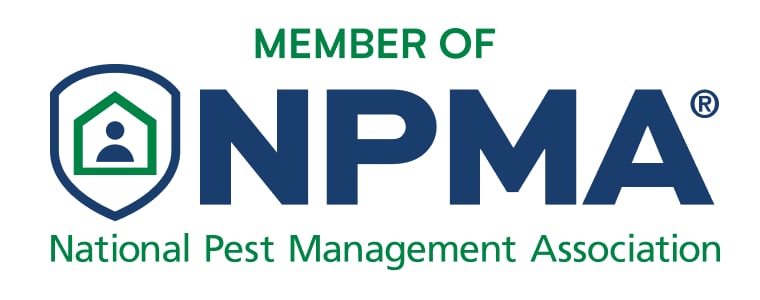One of a Denver property owner’s worst problems is to discover that they have a rat issue in their home. The fact that these pests are little, means they can creep through almost every opening and fracture inside your home or business.
A rat infestation is a big issue that needs to be controlled and must not be taken lightly. They will cause property damage by chewing wires, gnawing on pipes, damaging your attic, and insulation. They are a huge threat to you and your family’s health. The scat they leave all over your home will spread diseases, they can also transmit diseases through their bite.
Rat Borne disease in the house
The principal vector for rat-borne disease transmission to human beings is through their droppings. Pests such as rats and mice will leave droppings throughout your home in Denver. This includes locations like your attic, countertops, wardrobes, beneath furniture, inside walls, and vents. Whenever feces collects from any type of kind of animal, the risk of disease transmission to humans and animals escalates.

Rats Transmit Hantavirus
Rats can transmit a very dangerous virus called the hantavirus. This illness can be passed to humans when they enter into contact with rat droppings, pee, or nesting materials. This is one of the many reasons it is essential to control the rat infestation. If you venture into a rat-infested attic and come into contact with waste from this pest you are in serious danger. The hantavirus can become aerosolized and enter your lungs.
Hantavirus symptoms look like that of the typical flu virus: fever, muscle pain, fatigue, impaired breathing, chills, etc. There is no well-known treatment for the hantavirus. If you catch this disease, it is important to quarantine yourself from family and friends until the infectious period has passed. (normally around 2 weeks).
Damage and Hazards caused by Rats and Other Pests in Denver, Colorado
Rats will cause all kinds of damage to your house. They have no issue tearing apart your roof covering, sheetrock, and insulation. They do this because they are seeking food to consume, water to drink, and secure and comfy locations to sleep. Rats also have teeth that continue to grow throughout the course of their lives, so they need to grind them down. Below are the major kinds of damage and risk that they cause
- Chew through pipes: Like several types of rodents, a Rat’s front teeth do not stop growing. Rats will chew on metal pipes to grind their teeth down, and through PVC pipes to get at water from the line. A control program, provided by a professional service will lower this risk of any future damage to your home in Denver.
- Water leaks: If you neglect to control a rodent infestation, you may have dripping pipes or a full blow damp spot forming in your house.
- Chewing through wires: Wires are often targeted by rats with teething issues.
- Fire Risk: When rats chew through wires, you run a high risk of fire from shorts.
Pest Removal Services in your Home
Did you know that a Rat can stuff itself through a gap with a half-inch radius? Even if the hole is fairly tiny, rats are natural chewers and will certainly expand little holes until they are big enough to easily get through. However, these entry points will invite all kinds of wildlife inside.
Did you know that rats are very talented climbers? They are able to climb trees, poles, and rough surfaces made out of brick and cinderblock.
Some of the most common access points that we see during a control program are A/C tubing exhaust openings in your home’s exterior siding. We also see a lot of rats get in through the roof and eve areas, making it very easy for them to get into your attic. Garage doors are a big problem, usually, they are not sealed nearly as well and provide an easy access point into your home.
It’s also important to explore outside control issues, like fractures in your foundation, openings in pipes, and lose screens. DIY home repair and upgrades can typically introduce holes that wildlife is eager to exploit.
Rodent Behavior
Rats and mice have different preferences, however, they are similar in that they are both omnivorous. This means they will consume both plants and animals. A rat’s teeth will continue to grow until the animal passes away, so it is very important for them to routinely grind their teeth to control the growth. If you hear scratching or gnawing sounds in the evening, this is likely the reason. Due to this, rats have a high capacity for causing significant property destruction.
Rats and mice have a tendency to be nocturnal unless their environment is disturbed. The danger of starvation or fear of a predator may make rats active throughout the day. Rats are comfortable nesting in all sorts of environments, including ground burrows, trees, thick vegetation, damp sewers, and inside attics.
Rodents native to Denver are usually extremely afraid of human beings, they are wise enough to stay out of sight. They have an outstanding sense of smell that will alert them when possible predators are nearby, so they are typically well out of sight before you stroll into a room. Because of this, you are unlikely to capture them red-handed. This is why you should contact us immediately. We are the very best at pest control and pest removal.
Denver Rat Control Procedure: Here are the steps to remove this pest
1. Inspection
The most fundamental part of a rodent control or treatments program is the inspection. Our Rodent Control team makes sure to do a complete assessment of your house. Our task is to recognize just how exactly these rats, or other rodents, rodents have been gaining access, to begin with. We check your attic, roof, pipes, structure and exterior walls for gaps and holes that rodents could be creeping through. Our team will inspect close-by trees, bushes, and posts that rats and rodents may climb to get roof access. When we see these risk factors and entry points, we have a good idea of where rats have entered your home and made their nests.
2. Rat and Mice Exclusion
Now that our control team has actually identified these pest’s hotspots and entrance points, we understand exactly how the rodents have been getting in and out of your house. Before we take any type of extermination action, it’s vital that the rodent control team seals these holes and openings before trap installation. One of the most effective options is to make use of steel wire mesh. This mesh enables important openings like vents to stay open, however has small enough openings to control wildlife access. The mesh we use is constructed out of solid, galvanized steel so rodents can not chew through it.
3. Rat Extermination and Removal
Since we’ve made sure that new rats and rodents can not get in, it’s time to move on to the major control method. There are no techniques that are both efficient and completely humane to manage a rodent control issue, so we employ the use of snap traps to swiftly and promptly handle an interior rat issue. We have honed our pest control skill over many years. So we know the very best techniques, sites for traps, and the correct bait to employ. We stick to all state laws in Colorado when it comes to rat extermination.
We completely refuse to utilize poisonous substances for our rat control or pest control services, especially inside your home. It’s never a good idea to introduce poison into an environment that you, your loved ones, and family pet reside in. It is an entirely unnecessary danger! Also, the majority of poisons cause rats and mice to search desperately for water before they dehydrate. This will put your water lines in serious danger.

4. Rat & Rodent Feces Decontamination
When the control program succeeds, your rodents will be gone but the risk is not. Rat waste, just like squirrel waste, is a substantial vector for disease transfer to people. It is also just plain unpleasant! Rodent urine, droppings, and nesting materials need to be correctly and safely removed and decontaminated. If we missed this step, you would have a biological time bomb sitting in your attic, inside your walls, or in your basement. We make use of personal protective equipment and special chemicals to correctly sanitize your home after the infestation has been successfully dealt with.
5. Rat Damage Repair
It’s likely that the rats did a number on your home. They probably trashed your insulation, damaged your pipes, chewed through wiring, or harmed your HVAC system. Our AAAC Wildlife Removal pros are very well trained and talented at repairing all forms of damage caused by wildlife. Our Denver pest control program will return your house to like-new condition! Contact us today and let us provide the services you need!













